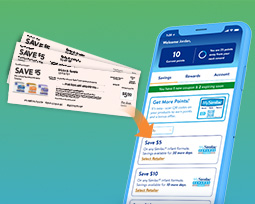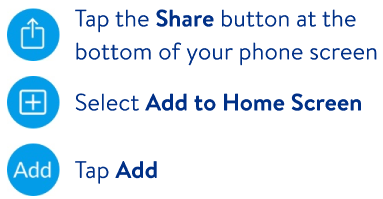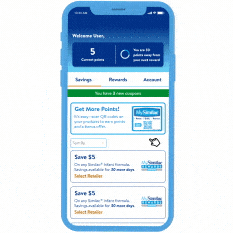The Tummy Trouble Tool gives you customized results to help your baby feel better.* Developed with pediatrician and mom, Dr. Susan May.†
-
Search
-
Login
-
My Cart







